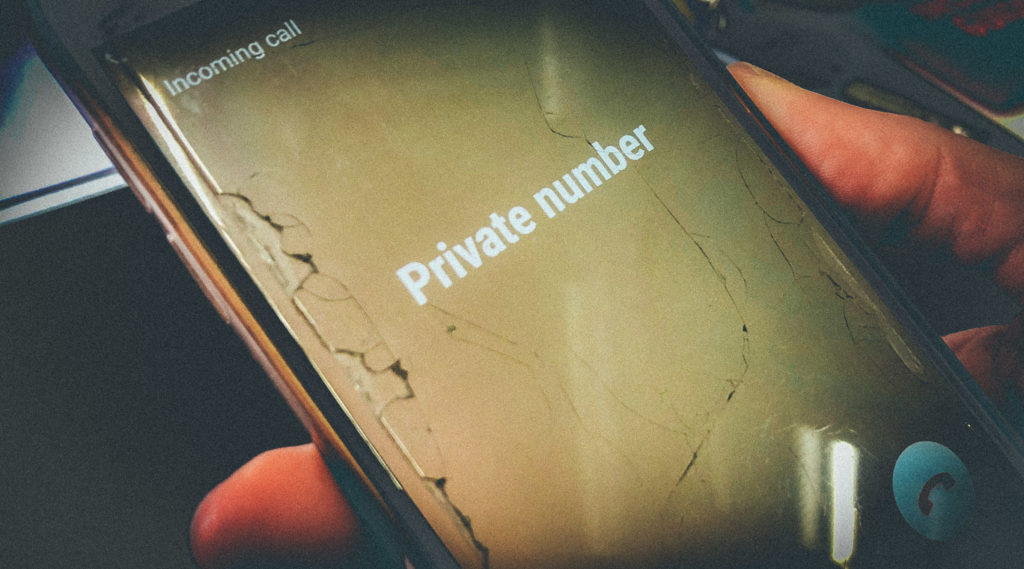Student scams are unfortunately all too common, especially during the COVID-19 pandemic when international students are more vulnerable. Recent news has alerted the public to a new scam targeting international students known as “virtual kidnapping”.
What is virtual kidnapping?
Scams often begin with scammers calling random Australian numbers and speaking in Mandarin, until they find someone who will respond. The scammers then claim to be a Chinese authority – often the Chinese Embassy, a government official, or the police. They then trick the victim into thinking they have been implicated of a crime in China and may face extradition to China or criminal charges in court, or they may threaten their families if they refuse to cooperate.
Scammers will go as far as masking their phone numbers, so if the victim looks up the caller’s number online, it will match the phone number of the Chinese Embassy or police.
The scam then often goes one of two ways. Firstly, victims can be threatened or tricked into transferring money. It is quite common for scammers to impersonate official organisations in this way, and it impacts international students across the world – learn more here.
The virtual kidnapping scam, on the other hand, involves victims being convinced to fake their own kidnappings. Their family is then pressured into handing money over to scammers for their relative’s release. Victims of this scam have been told to photograph themselves in kidnapping scenarios (e.g. tied-up and blindfolded), and these photos are then sent overseas, with the scammers making threats and ransom demands until the family provides payment.
Victims of the virtual kidnapping scam have been reported across Australia, with eight students in New South Wales targeted this year. One particular case found a father of a 22-year-old Chinese student in Sydney giving AUD$1.4 million to scammers after being sent a video of his daughter in a ‘kidnapping’ scenario.
What should I do if I receive one of these calls?
In a recent New South Wales Police news conference, victims were encouraged to not pay any money and call the Australian authorities, or simply hang up the phone.
If you receive any call from an official organisation that you are suspicious of or have doubts about, do not respond, do not share any personal information, end the phone call, and report or block the phone number.
Get in touch with your international student service centre at your education provider if you want to see if the communication was authentic. You can also reach out to the specific organisation that contacted you through a legitimate line (for example, if it was communication from an embassy, contact them directly with their official number, to see whether they require anything).
Make sure to stay up-to-date with recent scams on the Australian Competition and Consumer Commission’s Scamwatch website. You can report scams here, too.
For more information on recent international student scams and how to keep yourself safe, click here.





